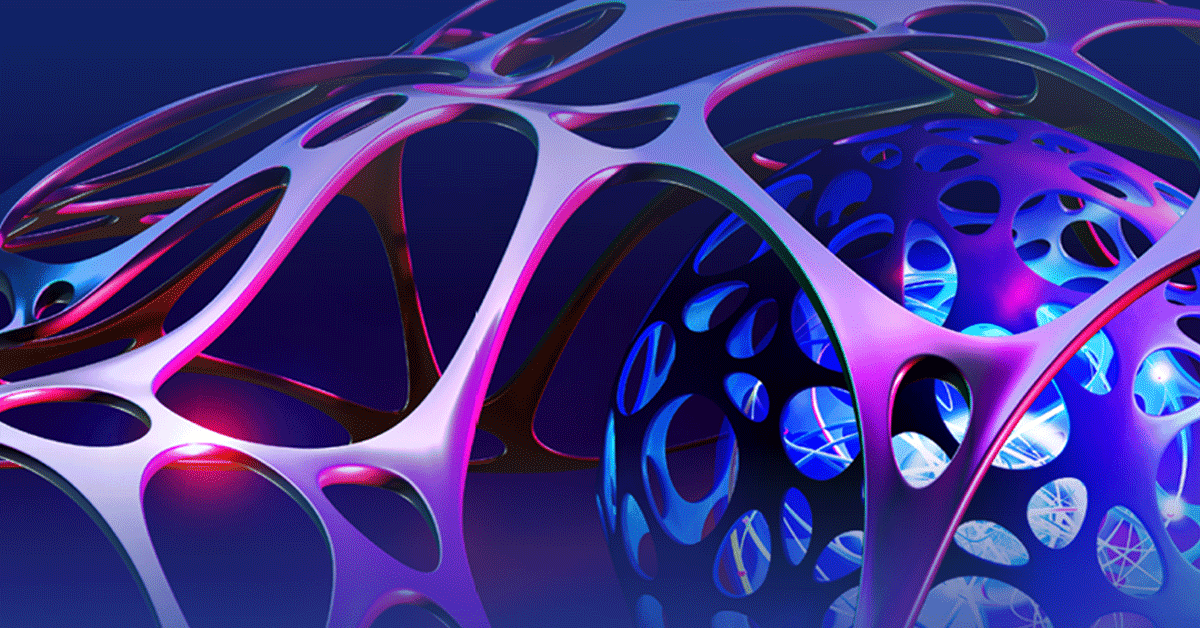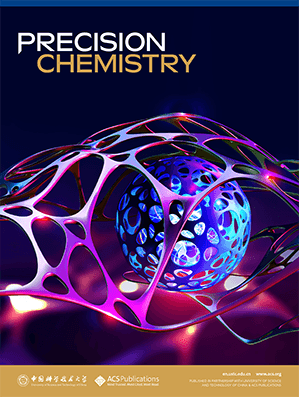Precision Chemistry recently received both its first Impact Factor (6.2) and CiteScore (4.4). Explore recent Editorials in the journal that describe what precision means across various disciplines in contemporary chemical science.

What is Precision Chemistry?
‘Precision’ is defined in English dictionaries in a variety of ways, but they all converge on the idea of 'being exact.' However, for practical scientific use, we should incorporate the concept of accuracy: there is little point in targeting an atom exactly, if it is the wrong atom for the effect we desire. This then implies a need for control over the process that will bring exact accuracy.
So, in essence, precision chemistry requires exact and accurate control.
To provide additional insight into how precision is interpreted and applied across the chemical sciences, we present a selection of Editorials published in Precision Chemistry over the past year.
Precision in chemical synthesis
We can apply this concept to different spheres of chemical endeavor. For example, precision approaches to chemical synthesis and fabrication can yield new structures and materials with higher efficiency and minimal waste. Precision catalysts can lower the energy inputs. The same concepts can support chemical destruction through controlled bond cleavage. This Editorial by Ben Fergina describes applications for precision approaches to chemical construction and destruction.
Precision measurement and analytical differentiation
The precise differentiation and separation of very similar entities is at the heart of analytical science, to enable precision in measurement and precise sensing. Increasingly precise differentiation requires increasingly precise sensors, built on the increasingly precise approaches to synthesis described above. The interplay between precision synthesis and precision analysis is explored in this Editorial by Justin Gooding.
Artificial Intelligence as a driver of precision chemistry
Effective approaches to precision chemistry require high degrees of intelligence. This can include tools based on artificial intelligence to explore molecular simulations and high-dimensional chemical spaces, which can yield new approaches to optimization in the quest for practical precision. Here, Zhenyu Li explains the application of AI to manifesting precision chemistry.
Precision-designed tunable clusters
A small chemical alteration to material can make significant changes to its properties. This knowledge opens the door to tunable materials and the concept of whole-process precision chemistry. This is particularly true in the world of clusters, which occupy the space between atoms and bulk materials. In this Editorial, Jianping Xie demonstrates the application of precision approaches for the design of catalysts, biomedicines, sensing and energy storage.
Metal-organic frameworks for precision catalysis
Catalysts can be made more powerful, selective, and efficient using precise changes. This can be shown with the application of metal-organic frameworks (MOFs) in catalysis. This Editorial by Wenbin Lin illustrates the power of MOFs as platforms for precision catalysis.
Atomic-level design of 2D materials
Materials can also be as slim as atoms. The use of precision design to develop these two-dimensional materials opens up a new playground for exploring electronic, optical, mechanical, and quantum properties. The precise, consistent atomic-level manipulation of these materials is a challenge that chemists are facing with relish. The fruits of this work are shown by Xiangfeng Duan in this Editorial.
Precision chemistry in the hydrogen energy cycle
Precision chemistry offers support for the development of sustainable energy and chemical systems based on hydrogen. Fully realizing this potential requires a fundamental adjustment on how chemical transformation are controlled at atomic and molecular scales. Here, Xiangfeng Duan and Yu Huang introduce the current state of the art of the hydrogen cycle.
What's next in the pursuit of precision?
The promise of precision chemistry is matched by the enormity of the barriers required for exact and accurate manipulation of chemical processes. Fortunately, we are blessed by unmatched curiosity, ingenuity, and perseverance in our scientific colleagues.
The goal of Precision Chemistry is to showcase the amazing results borne of unyielding insights from these incredible researchers. If you're conducting fundamental, applied, or interdisciplinary research that is pushing the boundaries of precision in chemical science, we invite you to contribute to this growing conversation. Precision Chemistry, an open access journal, welcomes submissions that explore exact and accurate control across all areas of chemistry—learn more about how to submit your work below.
